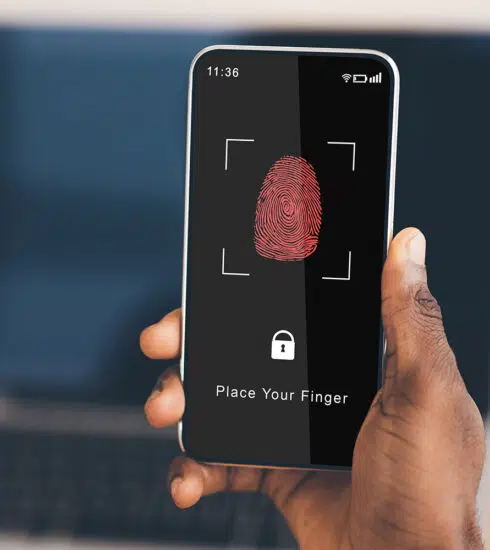How Millennials Can Stay Safe On Social Media With Data Privacy Education
The widespread adoption of social media platforms has revolutionized the way we connect, share, and communicate in the digital age. Among the key demographic groups that have fully embraced this digital revolution are millennials, those born between 1975 and 1995. While social media has brought numerous benefits, it has also raised concerns about data privacy and security.
This article delves into the intersection of social media usage and data privacy among millennials, emphasizing the pressing need for data privacy education tailored to this generation.
Social Media Usage Among Millennials
Millennials, known for their tech-savviness, have significantly contributed to the surge in social media usage. With platforms like Facebook, Instagram, Twitter, and Snapchat becoming integral parts of their daily lives, they are more connected than ever before. Millennials utilize social media for various purposes, including staying connected with friends and family, sharing life experiences, promoting personal brands, and engaging in societal and political conversations.
Data Privacy and Security Concerns
The rampant use of social media has raised concerns about the lack of data privacy education. Millennials often underestimate the magnitude of the data they share on these platforms, such as personal information, location data, and browsing habits.
Data privacy safeguards teach us that the problem isn’t just the data they knowingly share, but also the vast amount of data that platforms collect without explicit consent. This treasure trove of personal information can be exploited for targeted advertising, but it also poses the risk of data breaches, identity theft, and invasions of privacy.
The Urgent Need for Data Privacy Education
Given the potential risks, data security for millennials is essential. Many in this generation are not fully aware of the implications of their online actions and the extent of data collection by social media platforms. Here are some key reasons why a working knowledge of data privacy and security is urgently needed:
Digital Literacy
Data privacy can empower millennials with a better understanding of how social media platforms work and how their data is collected and used. It’s essential to teach them how to manage their privacy settings effectively.
Protecting Personal Information
Millennials need to know how to safeguard their personal information, from login credentials to sensitive data, to avoid potential identity theft and cybercrimes.
Recognizing Scams and Phishing
Data privacy and security education can help millennials recognize scams and phishing attempts that often circulate on social media. They should be aware of the warning signs and avoid falling victim to these schemes.
The Consequences of Oversharing
Millennials must understand that oversharing can lead to unintended consequences, both personally and professionally. What they post online can affect their future opportunities and relationships.
Advocating for Change
With proper education, millennials can become advocates for data privacy and demand stricter regulations and regulatory compliance from social media platforms. They can play a vital role in shaping the digital landscape.
Staying Informed
As technology evolves, so do data privacy concerns. Data privacy education can help millennials stay informed about the latest threats and protective measures.
Monitor Data Privacy and Security
The millennial generation, deeply immersed in social media culture, faces unique challenges concerning data privacy. While the benefits of social media are undeniable, millennials must be educated about the potential risks and how to protect their personal information online.
Data privacy education tailored to this demographic is an essential step in ensuring that they can navigate the digital world with confidence, awareness, and a commitment to safeguarding their data. With the right education, millennials can be at the forefront of advocating for a safer, more transparent digital environment.









